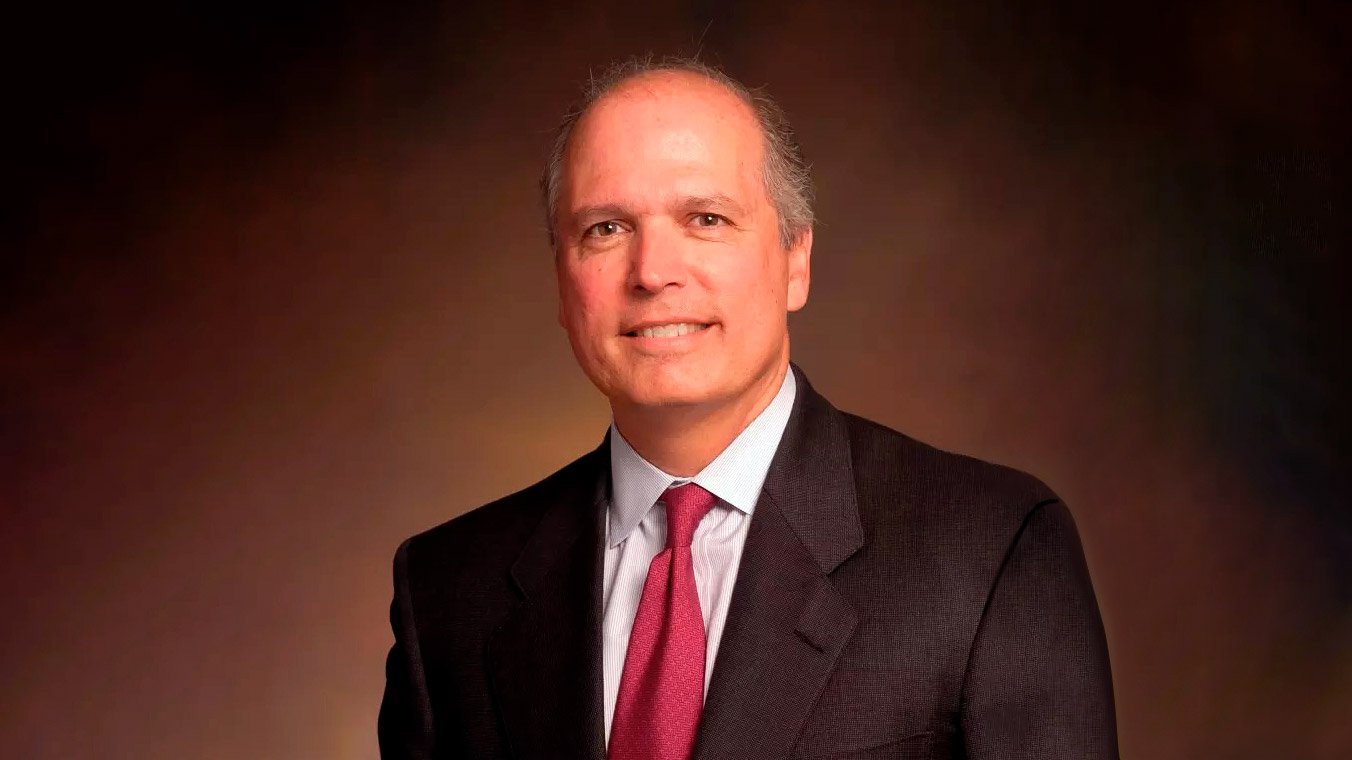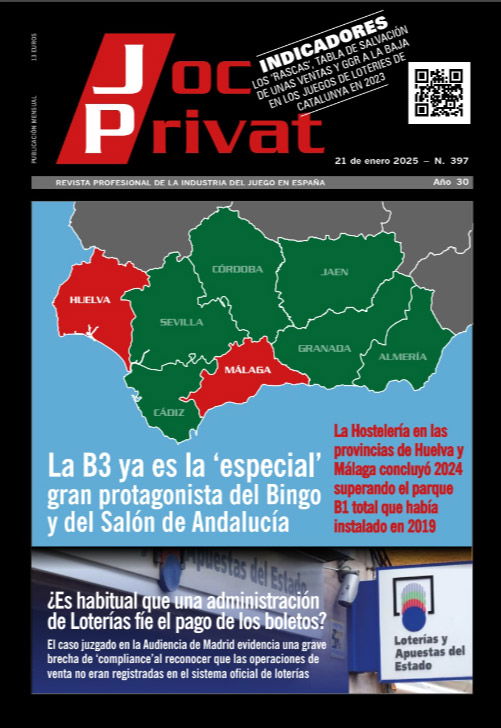Tennessee sports betting market could add 6 more operators and total 14

Tennessee could see six more sports gambling operators added to the eight already operating in the state, the state's Sports Wagering Advisory Council Executive Director Mary Beth Thomas said Thursday during a meeting.
The body took over the regulation of sports betting on January 1 from the Tennessee Education Education Lottery and will be charged with reviewing applications and overseeing the industry moving forward.
In order to approve new operators, the process involves background checks and involvement from the Tennessee Bureau of Investigation and the FBI. Eight operators are licensed in Tennessee, five more are pending and another has sent in an application. “We are doing everything that we can to move at the speed of business,” Thomas said, as reported by The Center Square.
At Thursday's meeting, the Sports Wagering Advisory Council approved vendor Angstrom Sports, which will provide live odds advice to sportsbook operators. It is licensed as a vendor as it works for the licensed sportsbook operators and does not have a business relationship with bettors. Angstrom and others are working to have more accurate live-betting lines and improved live betting available throughout sports. Council member Tom Lee said it is estimated up to 75% of sports gambling bets could be in-game wagers in the near future.
SBTech and Overdrive Marketing will be discussed for similar vendor approval at an upcoming meeting, the next of which will take place on February 10, when the council also will elect officers. MGM, FanDuel, DraftKings and Action 24/7 also are up for license renewal as sportsbook operators.
Thomas said part of the process of taking over oversight of operators and sports gaming involves reviewing the process of reporting data to the state.

Driven by the first full month of the NBA, Tennessee’s sportsbooks posted their best month ever in November, with a record for revenue of nearly $40 million, as the average daily volume of sports betting ticked up from October’s record. Over the last three months, sportsbooks have produced $85.8 million in gross revenue on $998.3 billion in wagers, which has yielded $12.6 million in tax revenue for the state, collecting 20% of the industry’s net operator revenue. Thomas said at Thursday's meeting she believes different operators are using different definitions of what qualifies as net operator revenue and those different definitions could be impacting the taxes each operator owes. Thomas said her team will be reviewing how each operator reports data and how those numbers are computed.
Thomas noted her regulatory agency has more access than the general public would think to overview how operators do business, with read-only access to some operators’ live systems to see how they comply with state regulations: “We really have a lot of data at our fingertips to see what is going on in real-time at the operator level."
















































